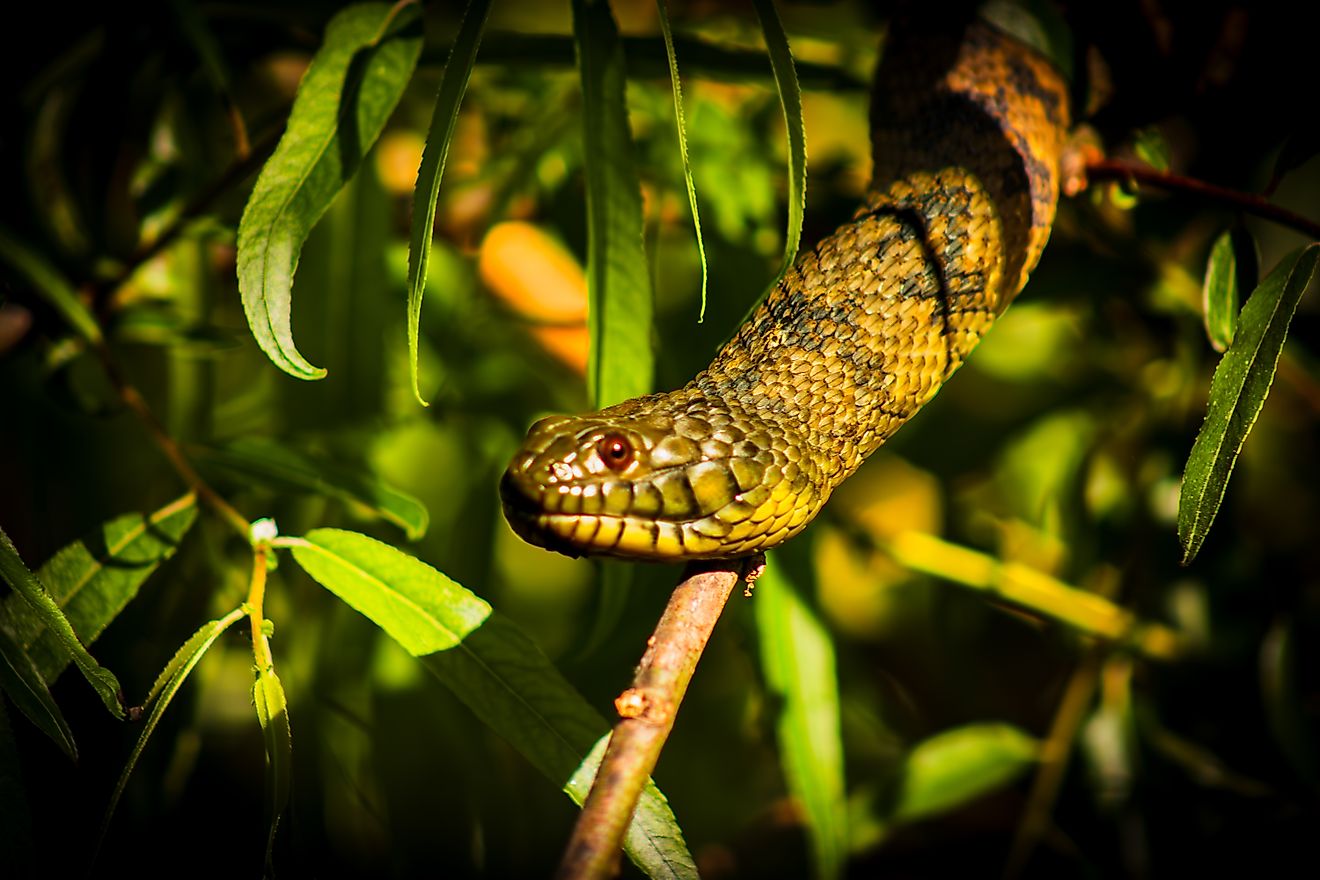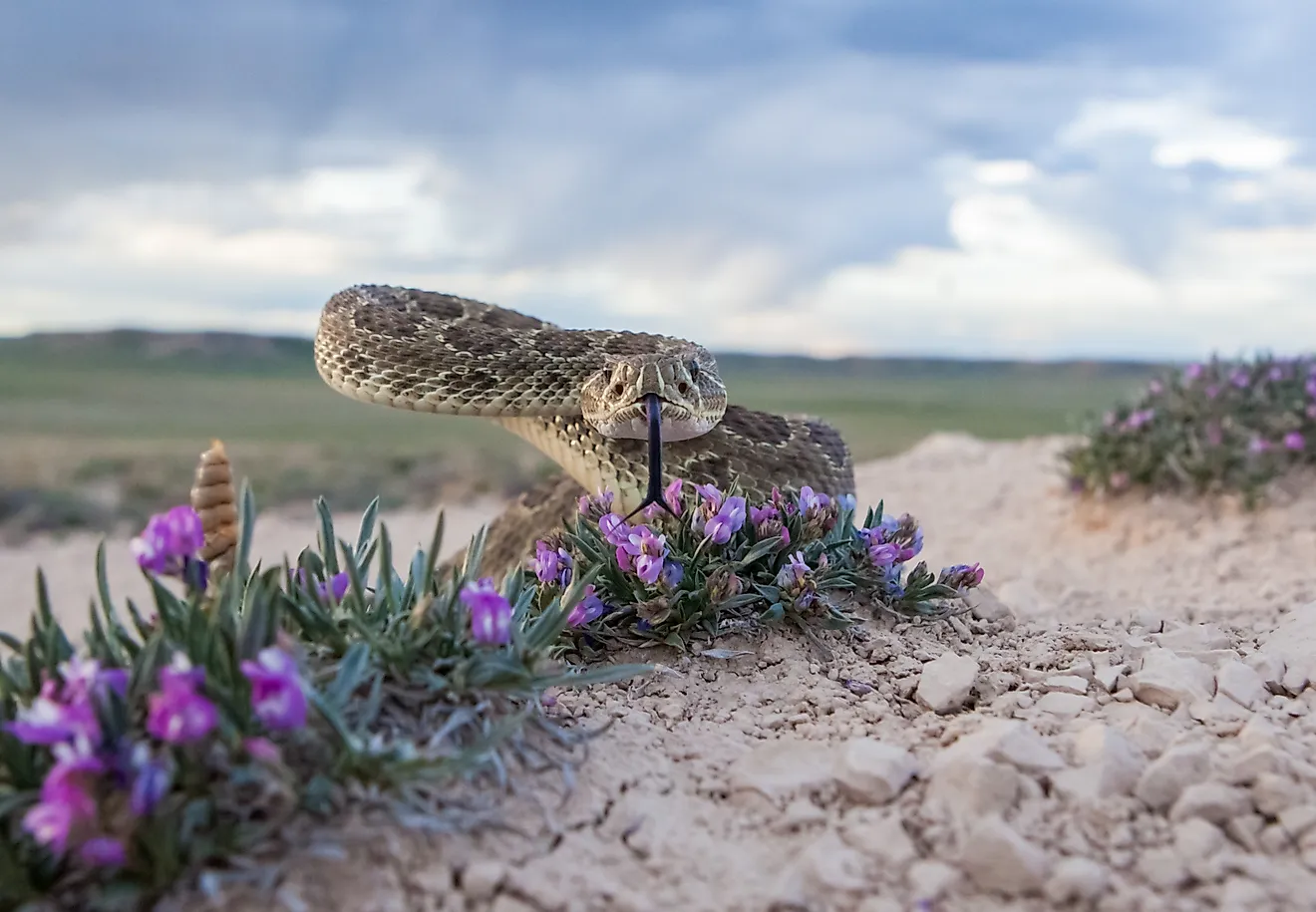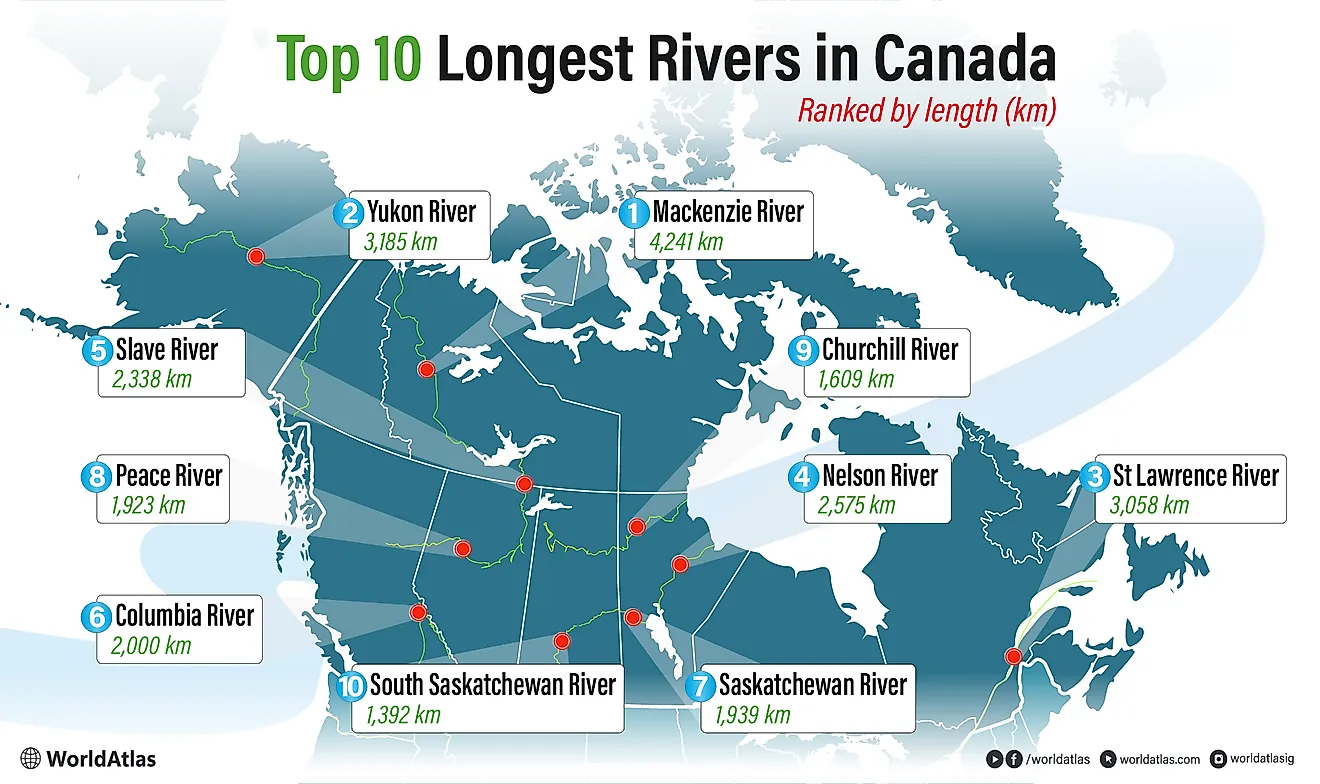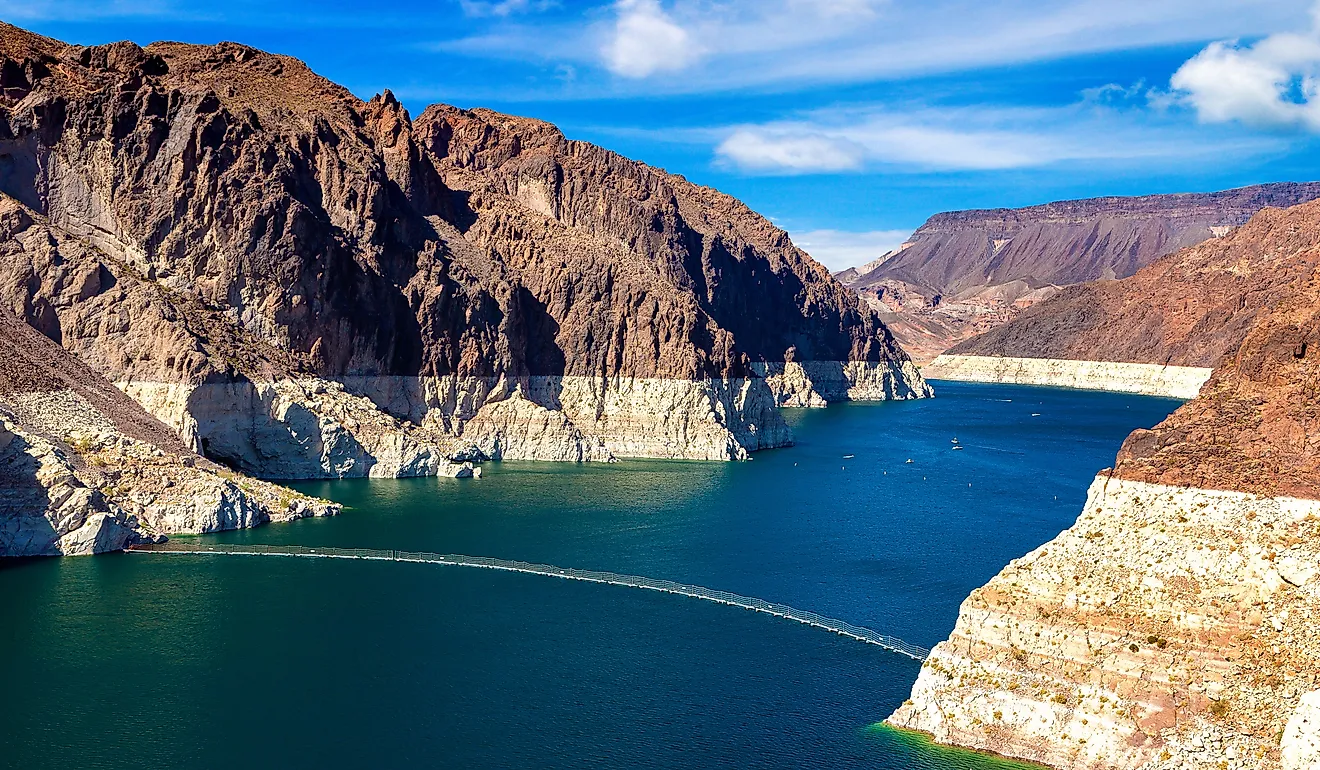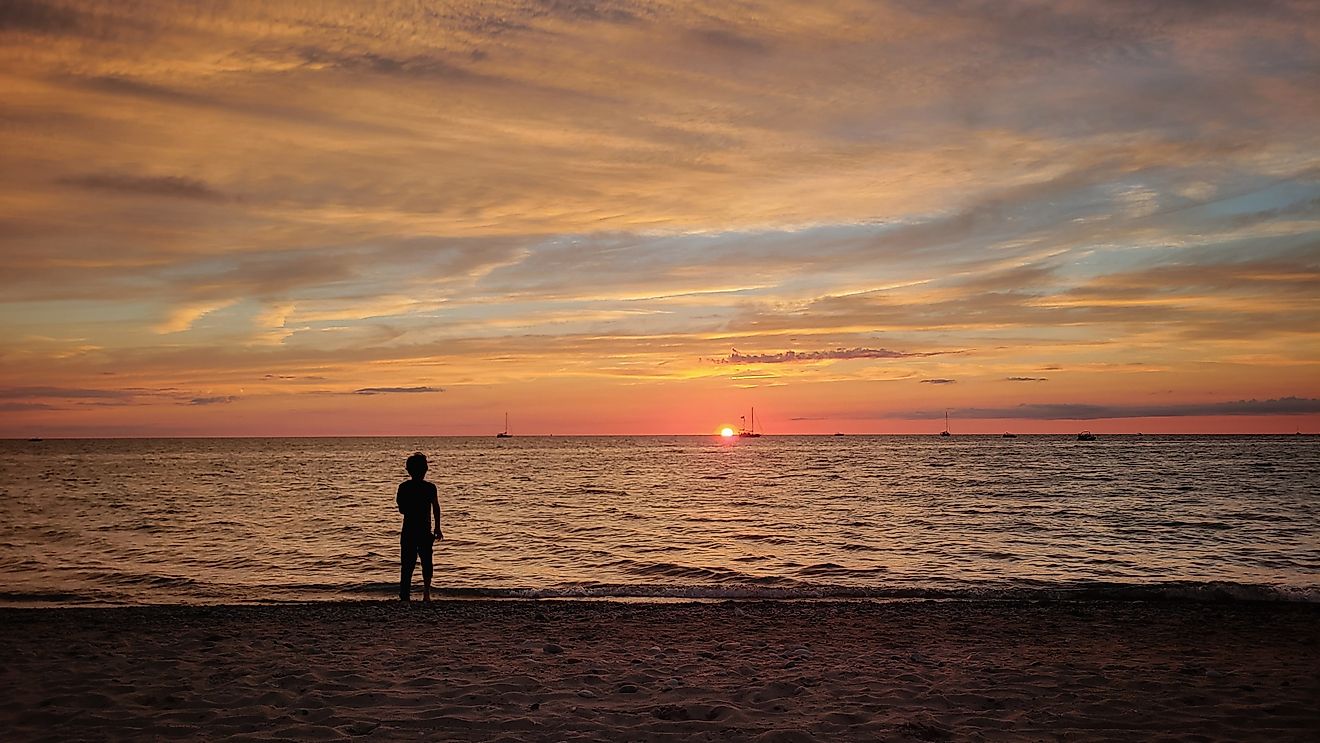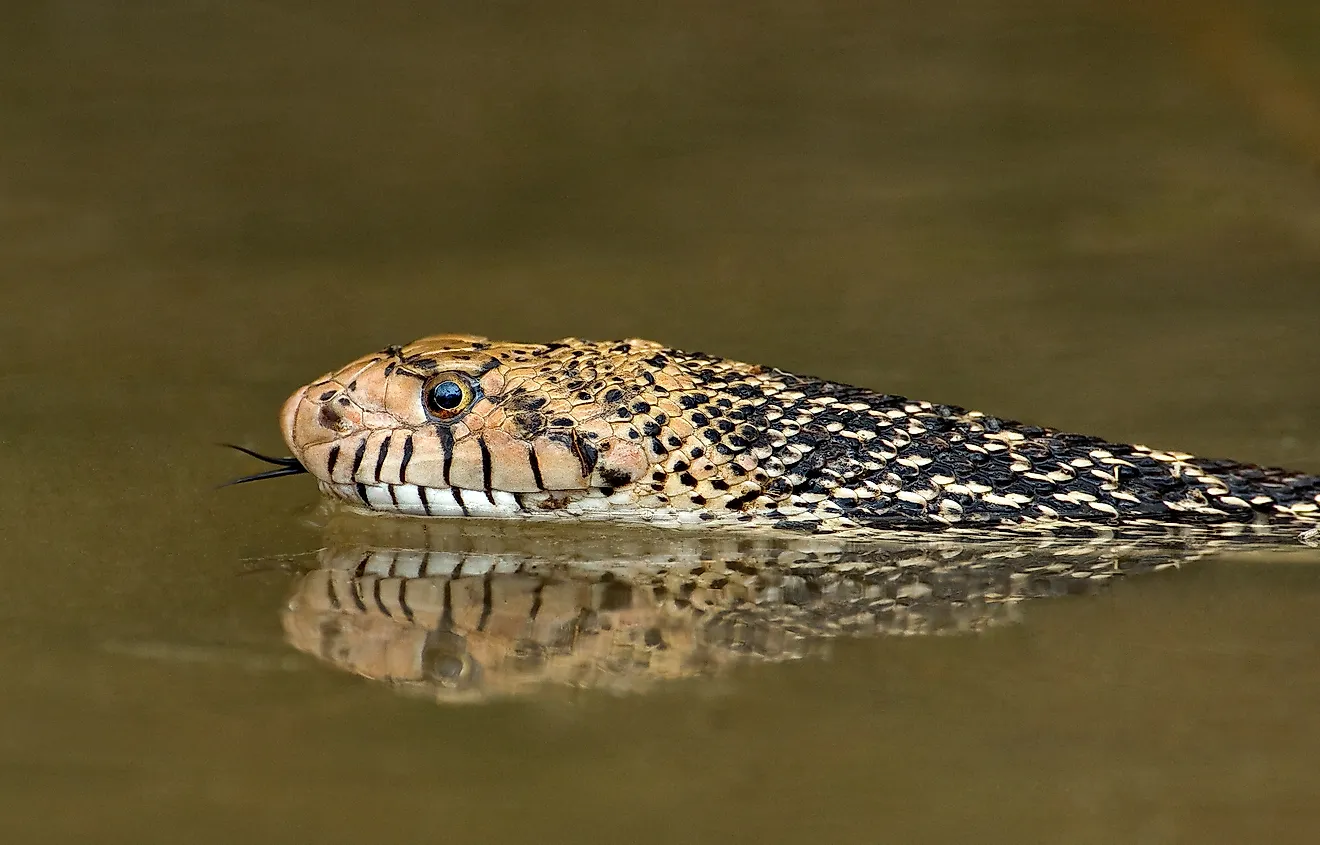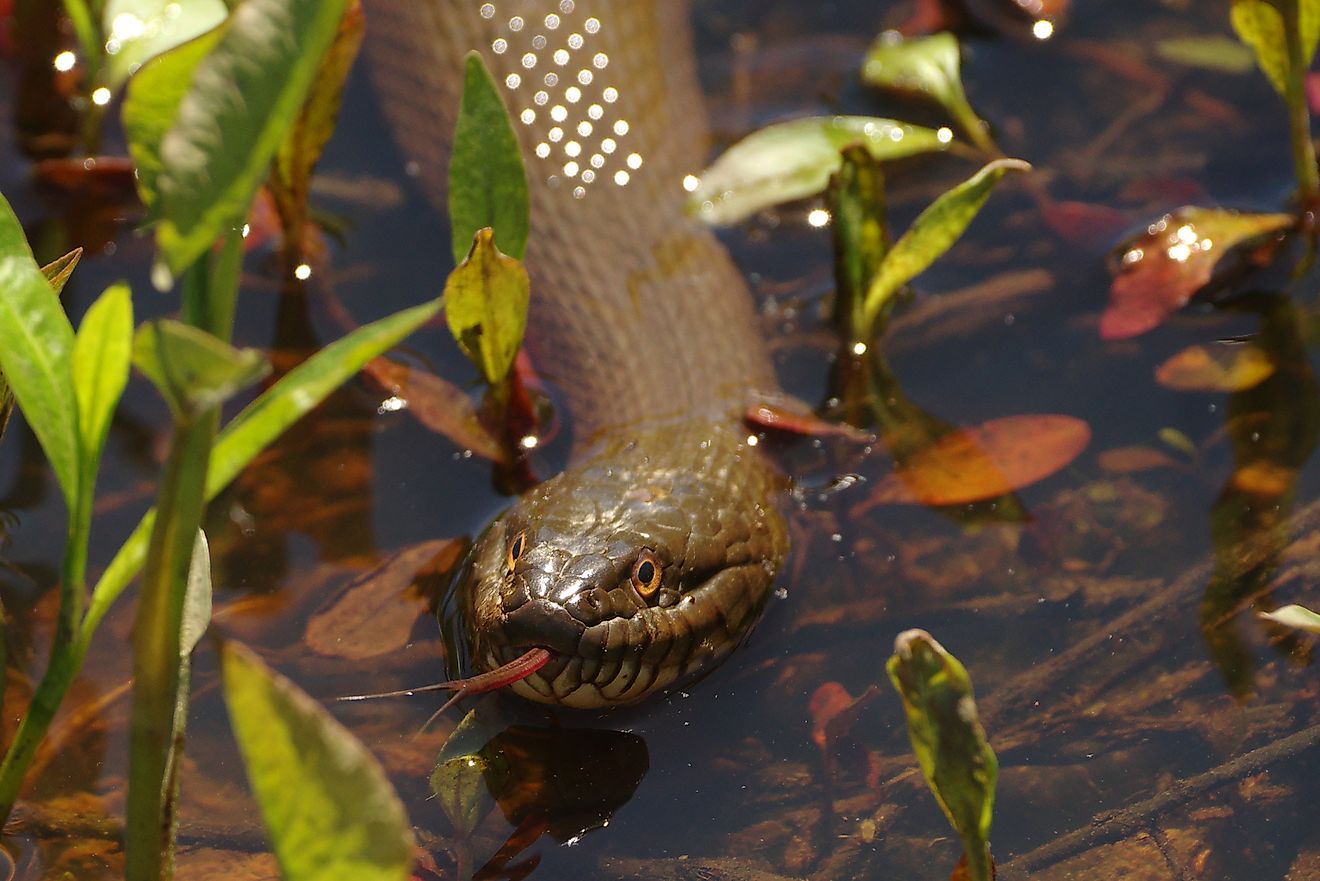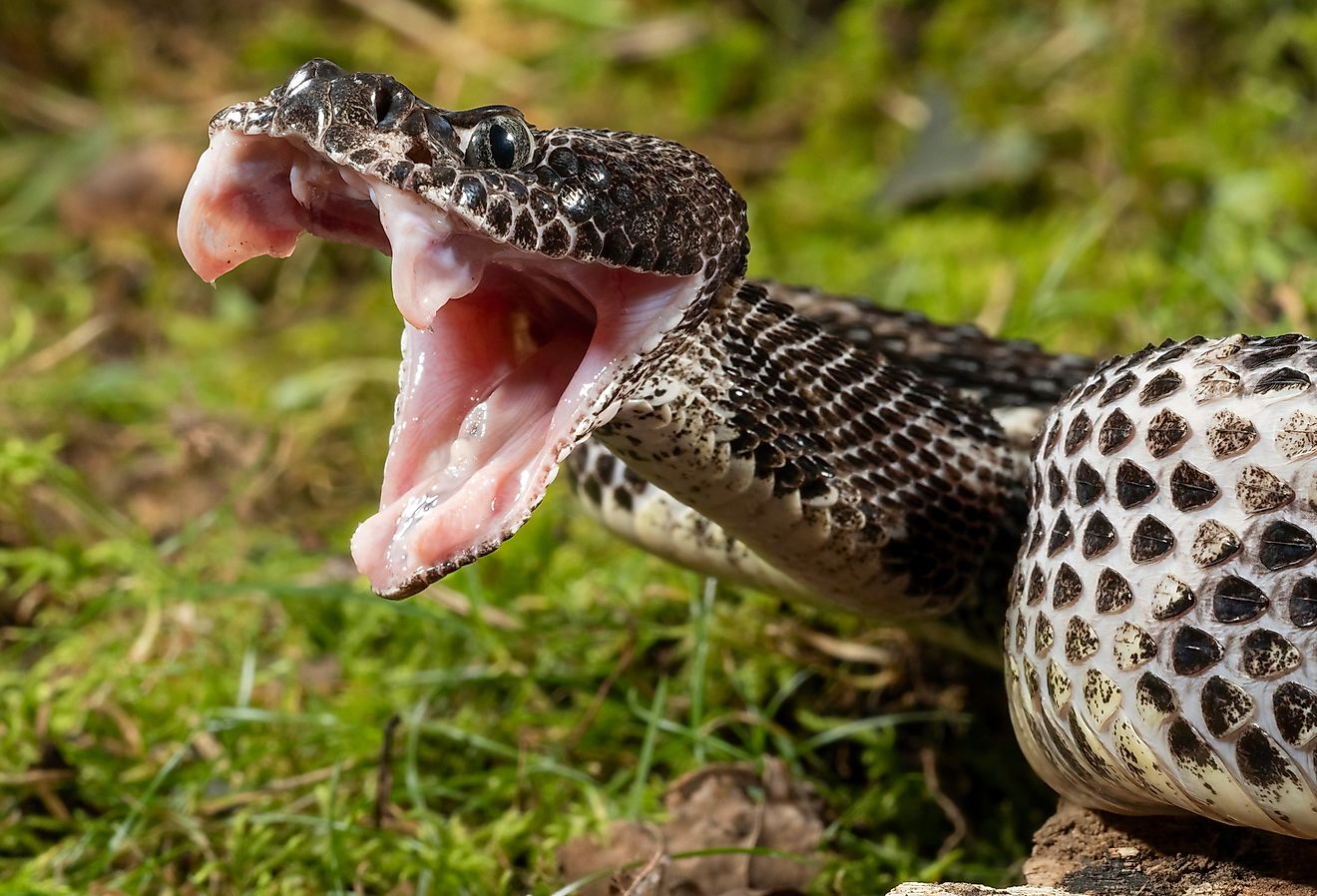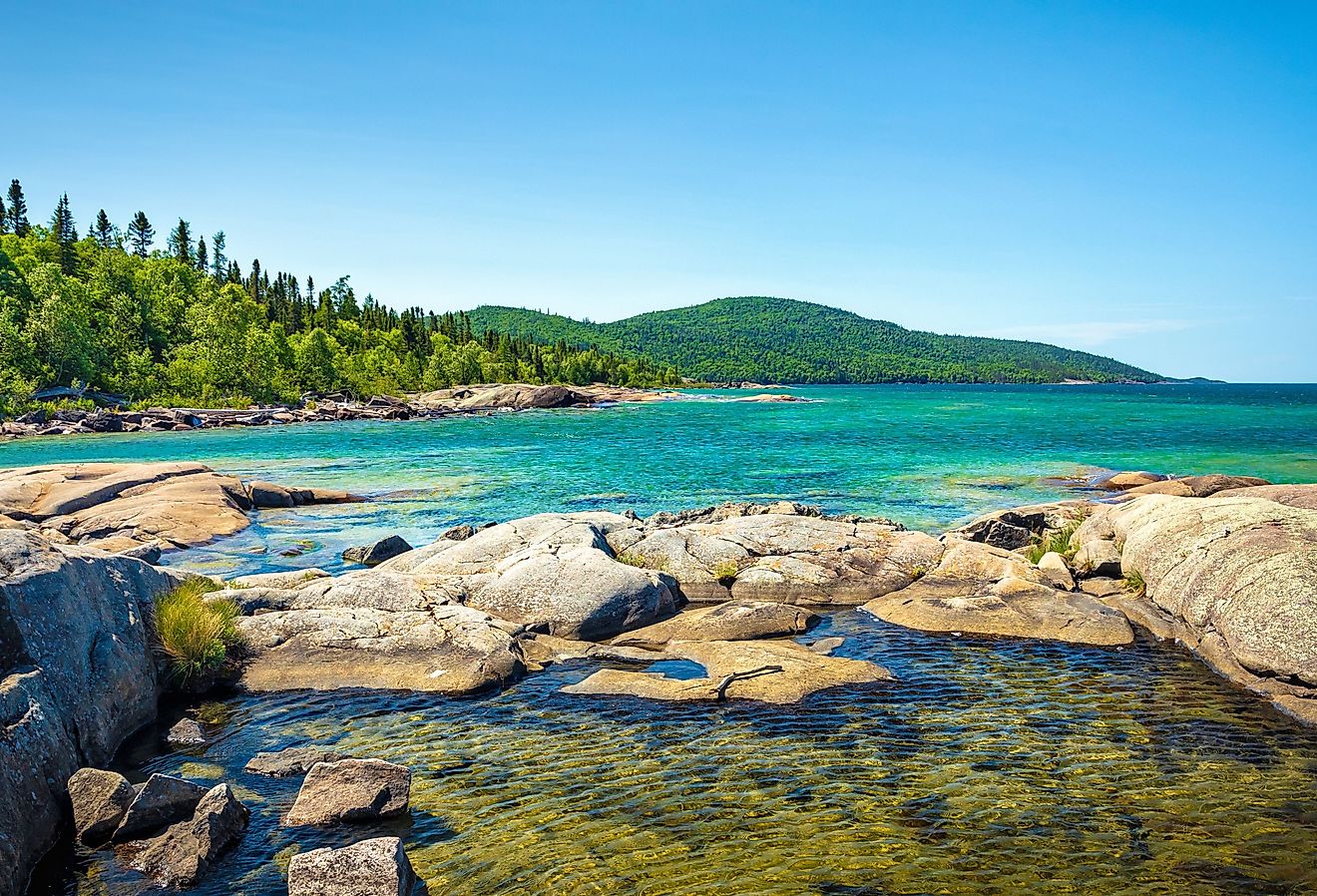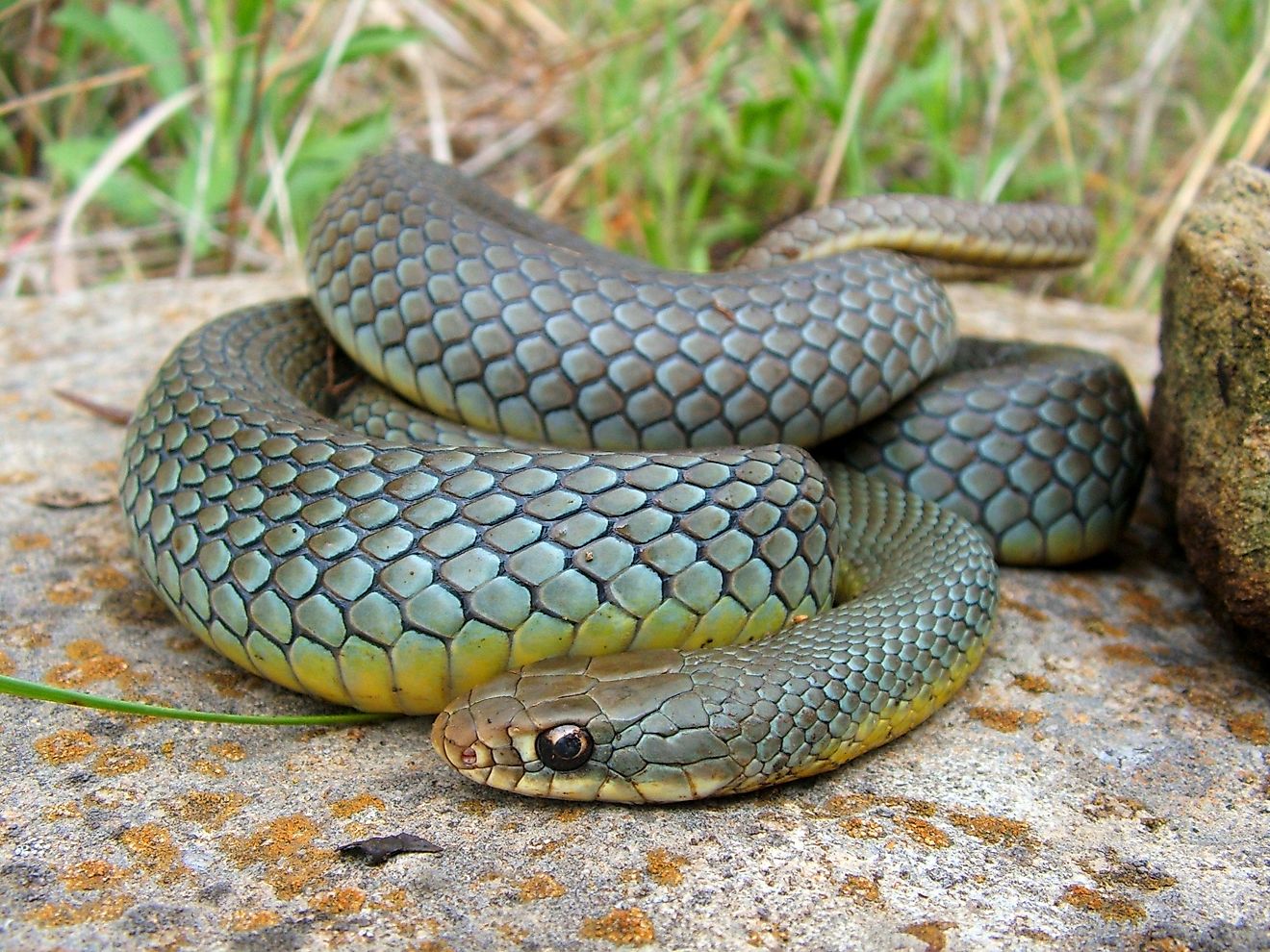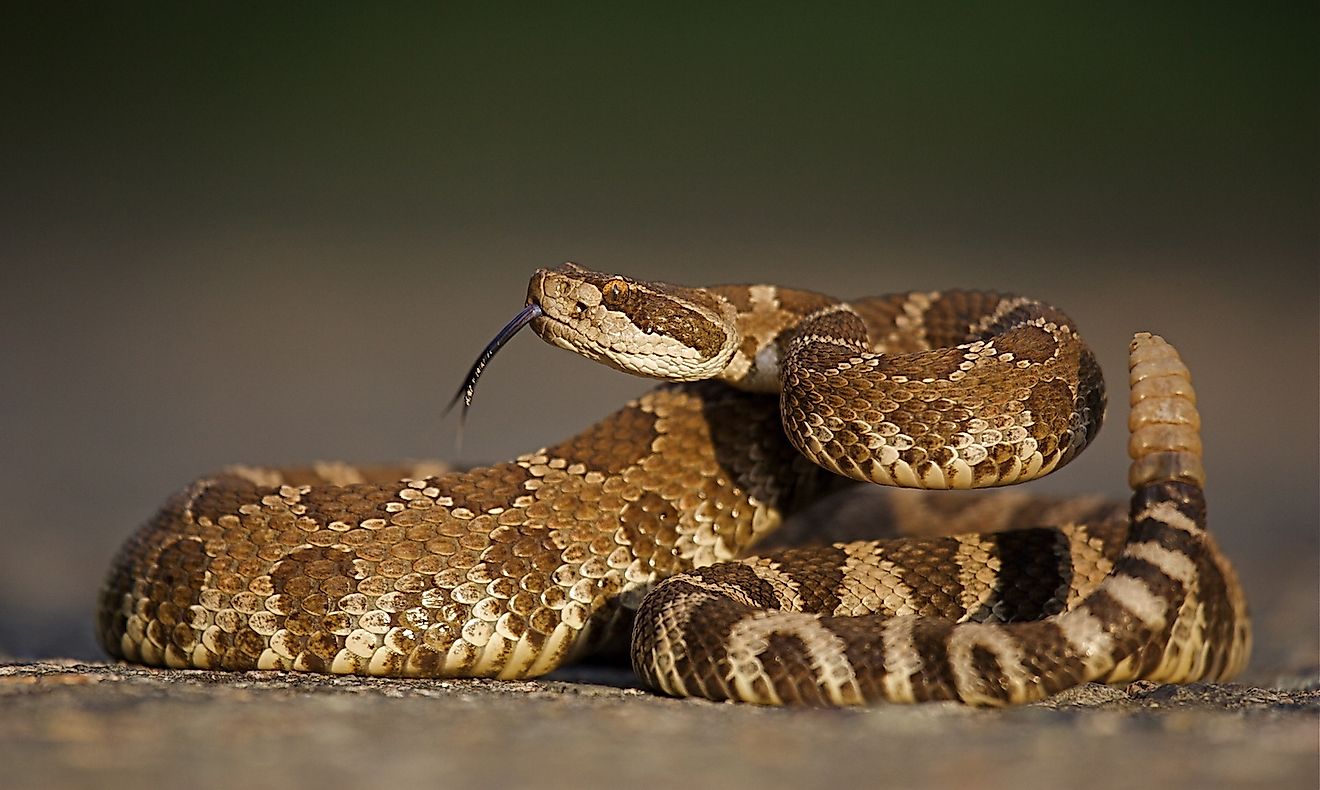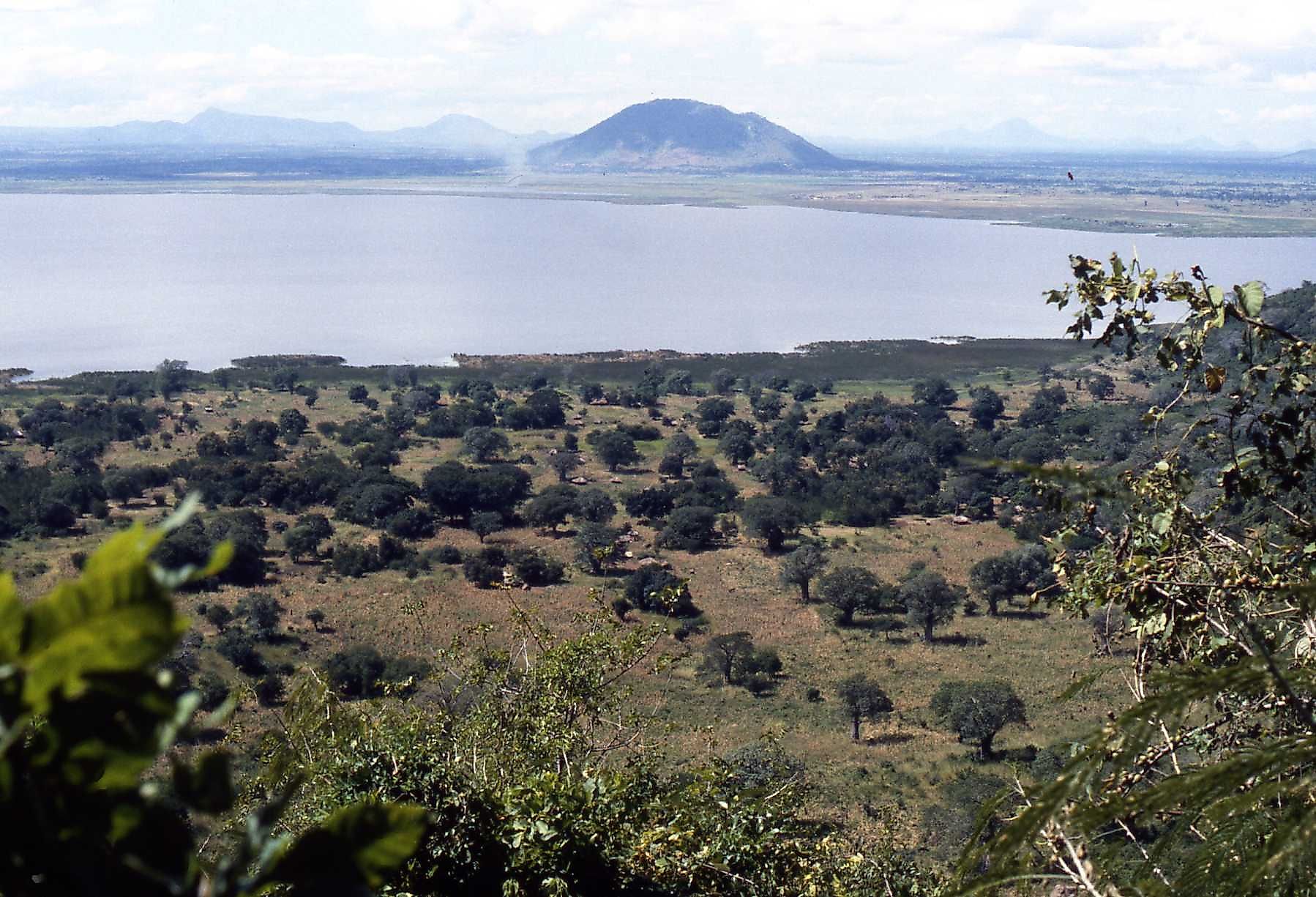
Lake Chilwa
Lake Chilwa, nestled in southeastern Malawi, occupies a depression between the Shire Highlands and the Mozambique border, making it the second-largest lake in Malawi. It extends north-northeast from the foothills of the Mulanje Mountains through Lake Chiuta to the Lugenda Valley in Mozambique, covering 1,000 square miles.
Characterized by swamp and mixed savanna vegetation, the lake is a shallow freshwater expanse fed by perennial sources such as the Sombani, Phalombe, and Likangala rivers. The lake undergoes significant seasonal fluctuations, doubling in size during the rainy season and contracting during the dry season, leaving marshes and floodplains.
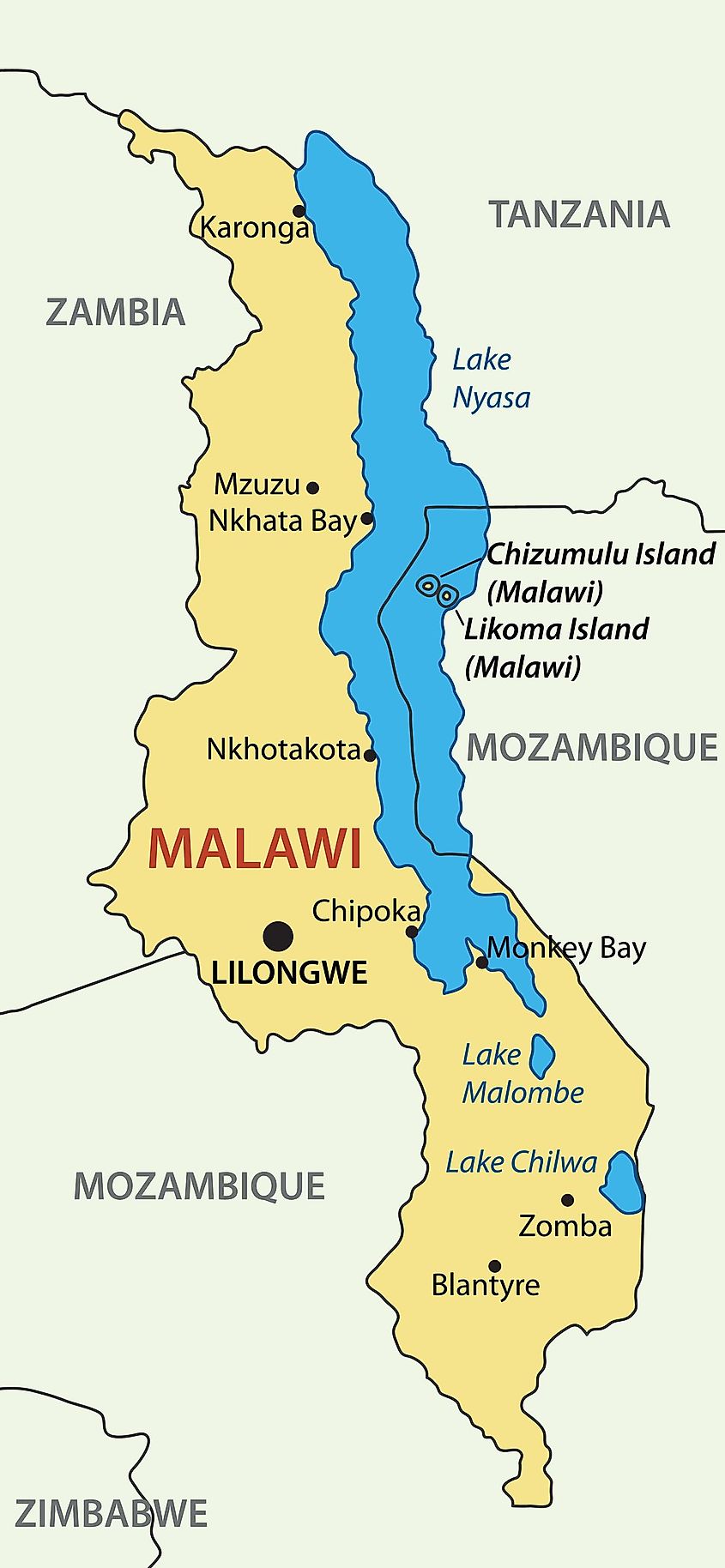
This dynamic landscape profoundly impacts the livelihoods of surrounding communities. Cultivation along the lake margins, particularly with rice in the dry season, is widespread, and commercial fishing is thriving. In the late 1990s, the Danish International Development Agency contributed funds to preserve the wetland environment, improve crop production, and safeguard the diverse flora and fauna of the lake region.
History Of Lake Chilwa
For centuries, indigenous peoples have called the shores of Lake Chilwa home, weaving an intricate history with this freshwater expanse. The local inhabitants, drawing sustenance and inspiration, have mastered the art of harmonious coexistence with their natural surroundings. Archaeological evidence firmly establishes human presence around the lake dating back to the Stone Age, providing a tangible link to the enduring bond between people and this aquatic expanse. Lake Chilwa, a vital source of sustenance and inspiration, has profoundly influenced the cultural identity of communities along its shores through traditional fishing practices.
Climate At Lake Chilwa
Shaping its climate, Lake Chilwa experiences distinct wet and dry seasons. Heavy rainfall occurs during the wet season, from November to April, expanding the lake and creating lush surroundings. Conversely, the dry season, from May to October, sees reduced precipitation and lower water levels. Average temperatures, ranging from approximately 20°C (68°F) to 30°C (86°F), vary with the season. These climatic changes actively shape the lake's dynamic ecosystem, exerting a significant impact on the lives of the communities that depend on its waters.
Ecology At Lake Chilwa

Lake Chilwa's rich biodiversity captivates, hosting mammals such as water buffalo, elephants, warthogs, leopards, and baboons on the mainland. The lake, a lifeline for local communities, harbors diverse fish species like tilapia, catfish, and lungfish. These species not only sustain human populations but also contribute to the lake's ecosystem, which supports approximately 160 bird species. During the wet season, the lake transforms into a sanctuary for migratory birds, attracting thousands of waterfowl, including herons, pelicans, and flamingos. This remarkable avian display has earned Lake Chilwa prestigious recognition as a Ramsar Wetland of International Importance.
Human Experience And Activities
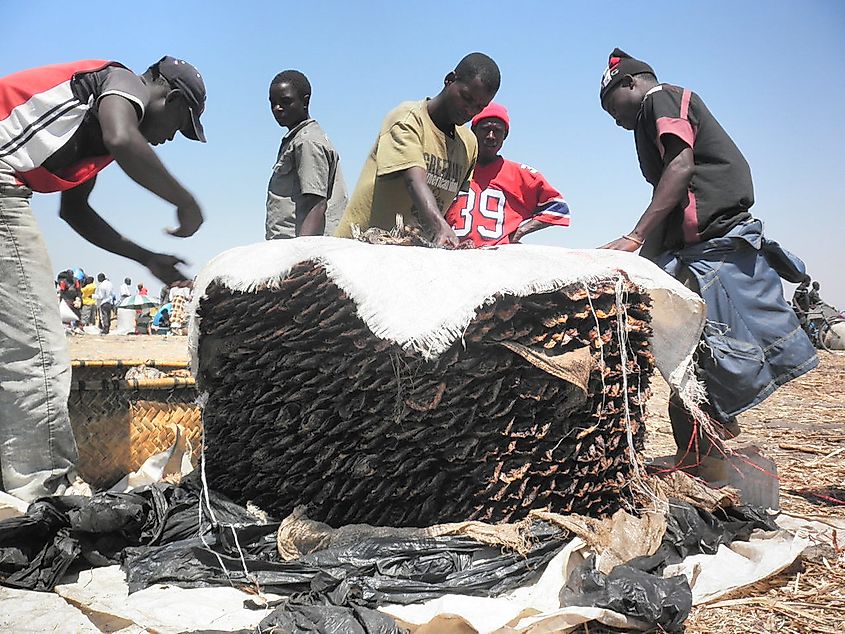
Communities actively participate in traditional fishing practices around Lake Chilwa, sustaining a thriving industry that provides support to numerous families. The inhabitants demonstrate their harmonious relationship with the lake by employing traditional fishing gear such as wooden dugout canoes and fishing traps. Birdwatching becomes a captivating activity at the lake, home to approximately 160 species, some migrating from Siberia along the Asia-East Africa Flyway to hibernate during winter. Lake Chilwa offers an array of enjoyable activities, including snorkeling at most Lakeshore locations and diving. Exploring Chisi Island is made possible through guided boat tours facilitated by services like Chisi Island Tour, allowing visitors to spend a night at their newly built campsite.
Islands At Lake Chilwa
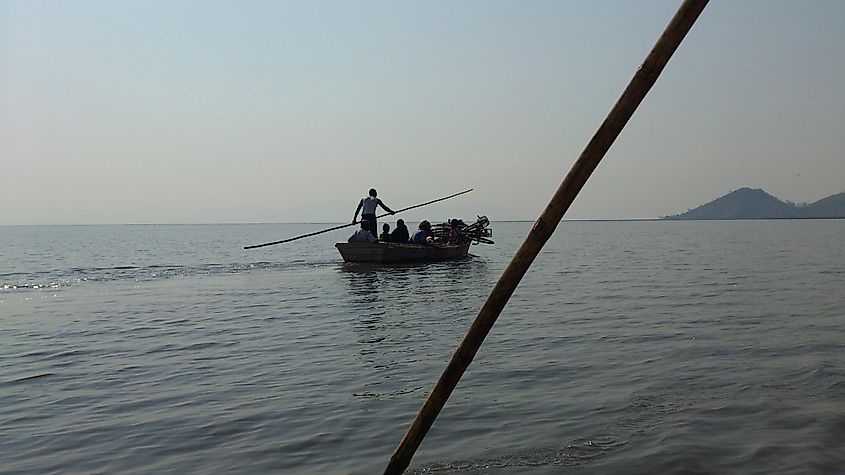
Chisi Island is Lake Chilwa's primary island, enriching the lake's cultural and ecological fabric. Spanning approximately 15 kilometers, the island hosts 18 villages that depend on a single health center and primary school, complemented by numerous nursery schools. Visitors to Chisi Island can actively engage with traditional fishing communities, immerse themselves in distinctive cultural practices, and explore the island's natural beauty. Fortified sanctuaries dot the hills, and Mchenga, a colossal tree wider than two humans standing side by side, stands as a hallmark of the island. Camping in the remote corners of Chisi Island offers a serene experience with breathtaking lake views and beach access. For those visiting during the right season, the Chisi Island community festival provides an opportunity to witness traditional dances and showcases the rich cultural tapestry of its people.
Lake Chilwa actively demonstrates the delicate interplay between humans and their environment. Its seasonal changes, influencing the livelihoods of those residing along its shores, define its location. The lake's history, enriched by the traditions of indigenous communities, vividly illustrates the enduring relationship between people and nature. The climate, animals, human interactions, and the islands on Lake Chilwa collectively construct a narrative of resilience and adaptation in the face of environmental challenges. As communities and conservationists unite to safeguard this crucial water body, Lake Chilwa serves as both a stark reminder of the fragility of our ecosystems and a testament to the potential for collaborative efforts in preserving the natural wonders that sustain us.
